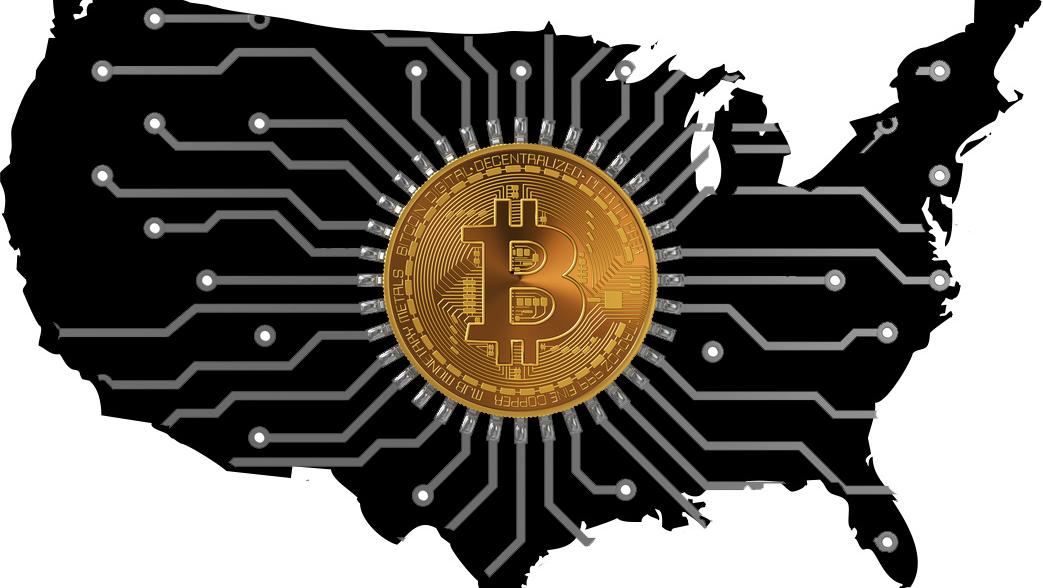PALO ALTO, Calif. (Reuters) - The Federal Reserve is looking at a broad series of problems around digital payments and currencies, consisting of policy, design and legal factors to consider around potentially providing its own digital currency, Guv Lael Brainard stated on Wednesday. Brainard's remarks recommend more openness to the possibility of a Fed-issued digital coin than in the past." By transforming payments, digitalization has the possible to deliver higher worth and benefit at lower expense," Brainard stated at a conference on payments at the Stanford Graduate School of Organization.
Central banks globally are debating how Visit website to manage digital financing innovation and the dispersed journal systems utilized by bitcoin, which assures near-instantaneous payment at possibly low expense. The Fed is establishing its own round-the-clock real-time payments and settlement service and is currently evaluating 200 comment letters sent late last year about the suggested service's design and scope, Brainard said.
Less than 2 years ago Brainard told a conference in San Francisco that there is "no compelling demonstrated requirement" for such a coin. But that was before the scope of Facebook's digital currency ambitions were commonly understood. Fed officials, including Brainard, have actually raised issues about consumer protections and data and personal privacy risks that might be posed by a currency that might enter into use by the 3rd of the world's population that have Facebook accounts.

" We are collaborating with other reserve banks as we advance our understanding of central bank digital currencies," she said. With more nations looking into issuing their own digital currencies, Brainard said, that includes to "a set of factors to also be ensuring that we are that Discover more frontier of both research study and policy advancement." In the United States, Brainard said, issues that require research study consist of whether a digital currency would make the payments system more secure or easier, and whether it Visit this site could present financial stability dangers, consisting of the possibility of bank runs if money can be turned "with a single swipe" into the main bank's digital currency.
To counter the monetary damage from America's unmatched national lockdown, the Federal Reserve has taken unmatched actions, including flooding the economy with dollars and investing directly in the economy. Most of these moves received grudging approval even from many Fed doubters, as they saw this stimulus as required and something only the Fed might do.
My brand-new CEI report, "Government-Run Payment Systems Are Hazardous at Any Speed: The Case Versus Fedcoin and FedNow," details the dangers of the Fed's current prepare for its FedNow real-time payment system, and proposals for main bank-issued cryptocurrency that have actually been called Fedcoin or the "digital dollar." In my report, I talk about issues about personal privacy, data security, currency manipulation, and crowding out private-sector competitors and development.
Proponents of FedNow and Fedcoin say the federal government needs to develop a system for payments to deposit quickly, instead of encourage such systems in the personal sector by lifting regulatory barriers. However as noted in the paper, the economic sector is offering a relatively unlimited supply of payment innovations and digital currencies to solve the problemto the level it is a problemof the time space in between when a payment is sent out and when it is received in a checking account.
And the examples of private-sector development in this location are numerous. The Clearing Home, a bank-held cooperative that has actually been routing interbank payments in various kinds for more than 150 years, has actually been clearing real-time payments given that 2017. By the end of 2018 it was covering half of the deposit base in the U.S.